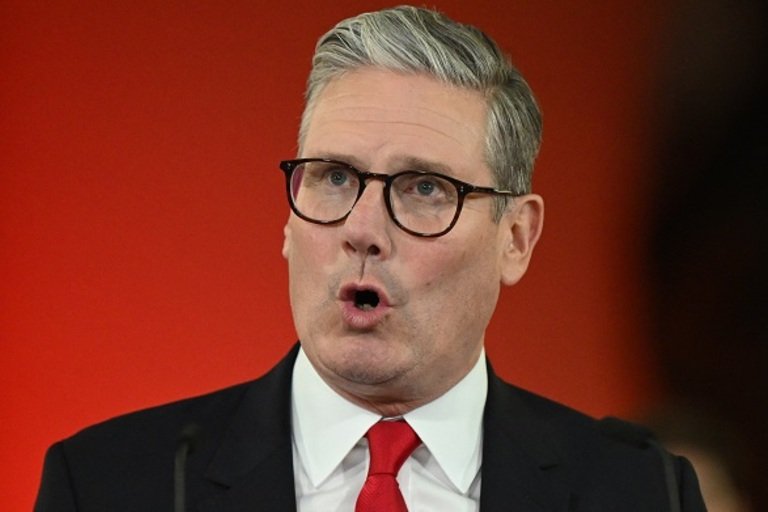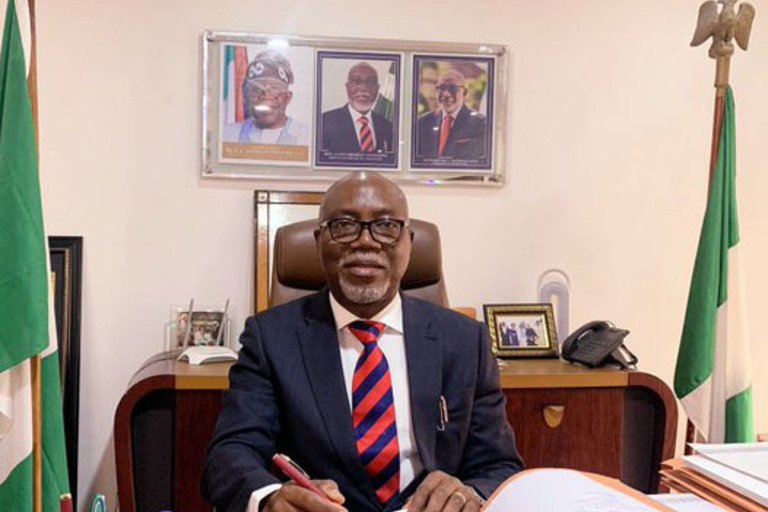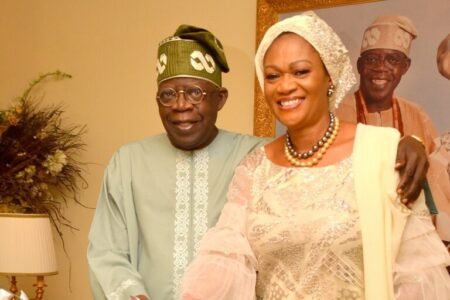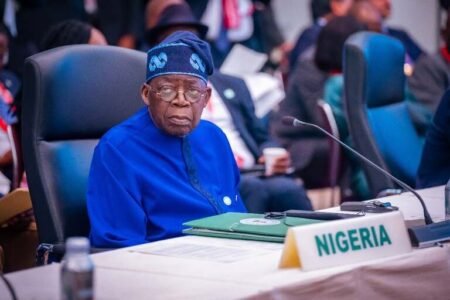The British government announced Thursday that it intends to allow 16- and 17-year-olds to vote in general elections, a historic development that will make the UK one of the world’s youngest voting countries.
It follows the ruling Labour Party’s promise to make the change before taking office last year and is one of several planned improvements to the democratic system, which some claim is “in crisis” due to low turnout and other difficulties.
The voting age shift is sure to be divisive, with some detractors claiming it is self-serving because newly enfranchised teens are more likely to vote for the centre-left Labour party.
“I think it’s really important that 16- and 17-year-olds have the vote because they are old enough to go out to work; they are old enough to pay taxes, so (they) pay in,” Prime Minister Keir Starmer said.
“And I think if you pay in, you should have the opportunity to say what you want your money spent on, which way the government should go,” Starmer added.
To implement the changes, the UK government will need to introduce legislation in parliament, where it has a strong majority.
Only a few countries allow 16-year-olds to vote in national elections, according to online databases.
They include Austria, which became the first EU country to lower the voting age to 16 in 2007, as well as Argentina, Brazil, Ecuador, and Cuba.
Labour ministers in the UK say that the change is designed to “modernise our democracy” and increase turnout, while also matching general elections with the existing voting age for elections to devolved regional parliaments in Scotland and Wales.
Other proposed reforms include automated voter registration, which is currently used in Australia and Canada, and making UK-issued bank cards an acceptable form of ID at polling sites.
It follows changes to electoral law implemented by the previous Conservative government that required voters to present photo ID, which the Electoral Commission determined resulted in around 750,000 individuals not voting in last year’s election.
According to Harry Quilter-Pinner, executive director of the UK Institute For Public Policy Research think tank, the reforms represent “the biggest reform to our electoral system since 1969”, when the voting age was reduced to 18.
He remarked that reducing the voting age and implementing computerised voter registration might add 9.5 million people to the voter lists.
“Our democracy is in crisis, and we risk reaching a tipping point where politics loses its legitimacy,” he added, backing the changes.











